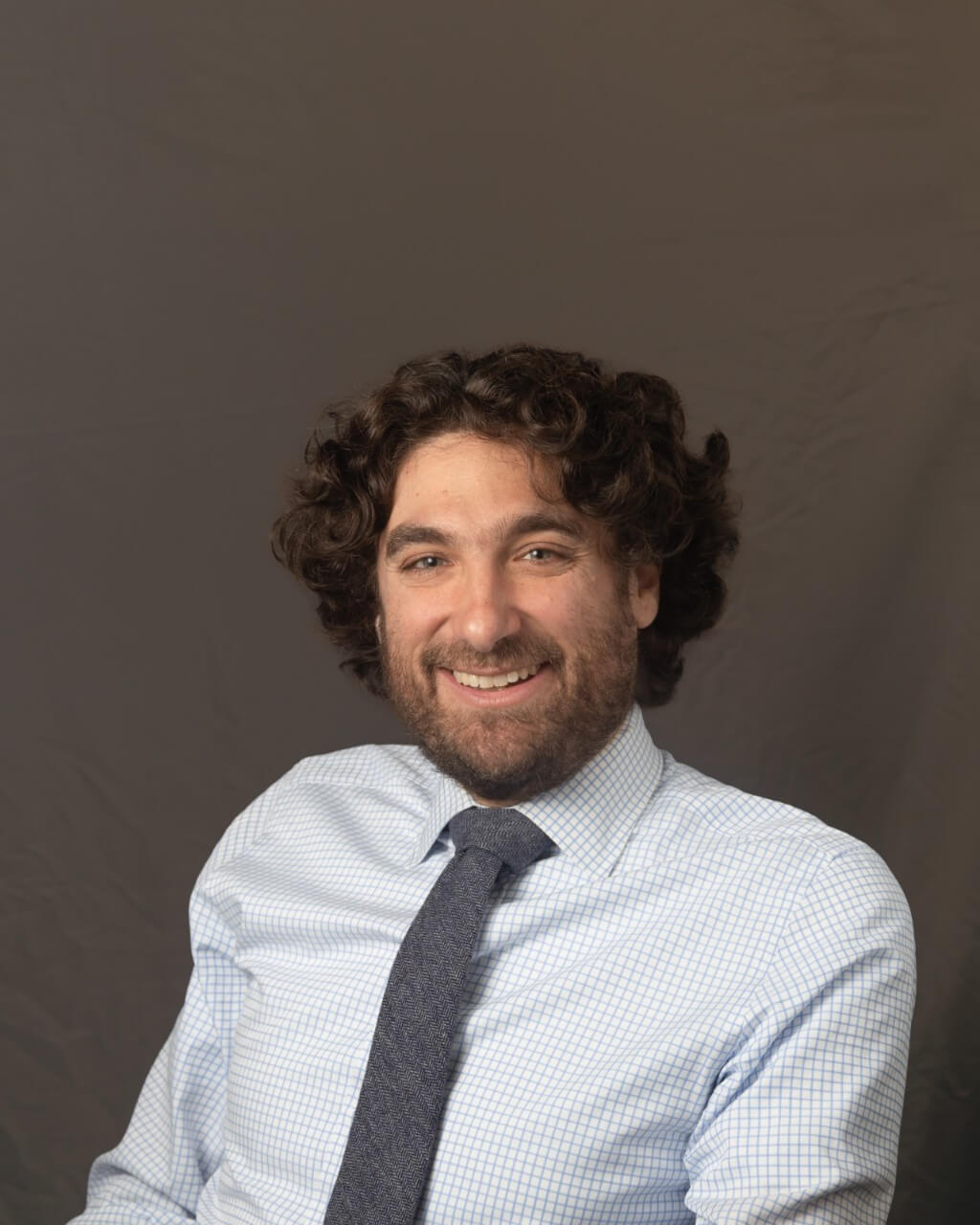Global labor migration session, Saturday: If the #lawcha2017 opening session was a barn-burner, so too was what was for me the end of the formal conference (I didn’t go to tonight’s plenary, and I leave early tomorrow morning): a round-table on labor and migration–really about globalization and enclosure–with some of LAWCHA’s stars: Annelise Orleck, Nafeesa Tanjeem, Eileen Boris, and Nelson Lichtenstein, chaired by Eric Arneson. (Eileen and Nelson had just been given LAWCHA’s Distinguished Service Award, so it was especially nice to see them in action.) It was a lively discussion of how worker power is under attack in the global and mobile world, and what can be done about it.
As I said while tweeting (see below), I found the session especially intellectually productive in talking about enclosure. (I was, I think, the first person to use that word when I asked a question, but what else do you call in when land is taken from peasants, who are then forced into either proletarianized industrial work or waged–or even worse, unwaged–agricultural labor?) Nafeesa Tanjeem’s comparison of Bangladeshi women at either end of Walmart’s supply chain–women who make clothing in Bangladesh and women who sell clothing in the US–and Annelise Orleck’s presentation on labor refugees were especially generative and exciting.
Tweets from me and Matt Garcia are below.

Jacob Remes is a historian of modern North America with a focus on urban disasters, working-class organizations, and migration. He is a founding co-editor of the Journal of Disaster Studies, the co-editor, with Andy Horowitz, of Critical Disaster Studies (University of Pennsylvania Press, 2021), and a series co-editor of the Penn Press book series Critical Studies of Risk and Disaster. His first book, Disaster Citizenship: Survivors, Solidarity, and Power in the Progressive Era (University of Illinois Press, 2016) examined the working class response to and experience of the Salem, Massachusetts, Fire of 1914 and the Halifax, Nova Scotia, Explosion of 1917. He has also written scholarly articles on a variety of other subjects ranging from interwar Social Catholicism to Indigenous land rights to transnational printers in the 19th century. His popular writing on subjects relating to his research has appeared in the Nation, Atlantic, Time, Salon, and elsewhere. Before coming to Gallatin,

